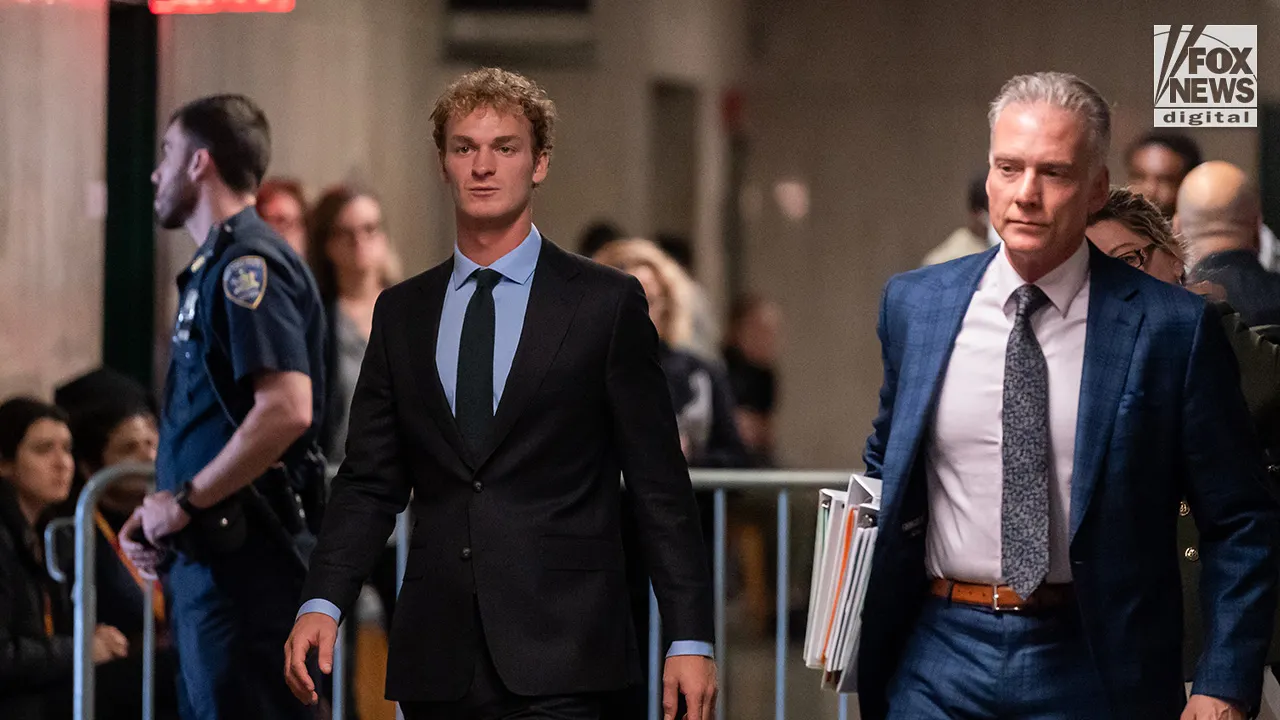Daniel Penny trial resumes as fellow Marine vet explains chokehold training

Former Marine veteran Joseph Cavaller, who served alongside New York City subway chokehold suspect Daniel Penny, took the stand on Thursday during Penny’s trial on manslaughter charges in the death of Jordan Neely. Cavaller, a former Marine sergeant, testified that he had given Penny martial arts instruction and explained a “blood choke” technique designed to knock out an aggressor in just a few seconds with pressure to the carotid artery. He emphasized that this type of choke should never be held for more than 5 seconds during training.
During cross-examination, Cavaller acknowledged that someone could be placed in a chokehold for more than 13 seconds without losing consciousness if the person performing the hold wasn’t applying pressure. He also clarified that while Marines are instructed not to apply a choke for longer than 5 seconds in training, this rule may not apply in real-life situations. When asked if Penny appeared to be applying a blood choke to Neely, Cavaller stated that it could be possible, but Penny’s arm might also be putting pressure on Neely’s trachea.
Under further questioning from defense attorney Steven Raiser, Cavaller agreed that the decision to release the chokehold would ultimately be up to Penny’s judgment based on whether he believed Neely was no longer a threat. He emphasized the potential dangers of releasing the hold too soon, which could result in struggling or fighting.
In a redirect examination from the prosecution, Cavaller backed off an earlier suggestion that Penny could have been holding a botched blood choke and admitted that it may have been some kind of air choke. He clarified that the Marines do not teach air chokes but that training techniques can be modified based on the situation faced by the individual.
The trial also included testimony from witnesses who described Neely’s aggression and death threats on the day of the incident. One witness reported that Neely had threatened to harm someone that day and did not care about going to jail. Another witness expressed frustration with the delayed response from authorities while Neely was being restrained by Penny and others.
The trial is expected to continue with testimony from the city medical examiner’s office, the lead detective on the case, and a Marine sergeant who trained Penny. The jury will also view video footage from Penny’s initial interrogation. Penny is facing charges of manslaughter and criminally negligent homicide and could potentially face up to 19 years in prison if convicted.
As the trial progresses, it remains to be seen how the testimony and evidence presented will impact the outcome of the case. The defense and prosecution will continue to present their arguments as they seek justice for the death of Jordan Neely on the New York City subway.




